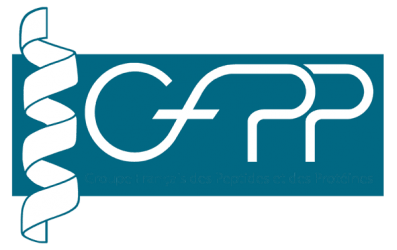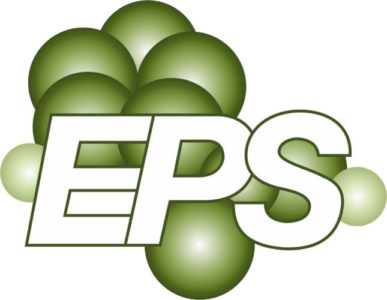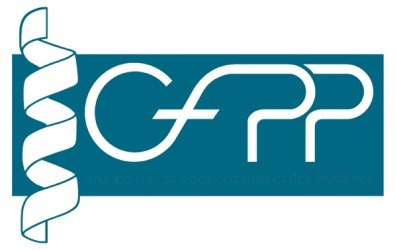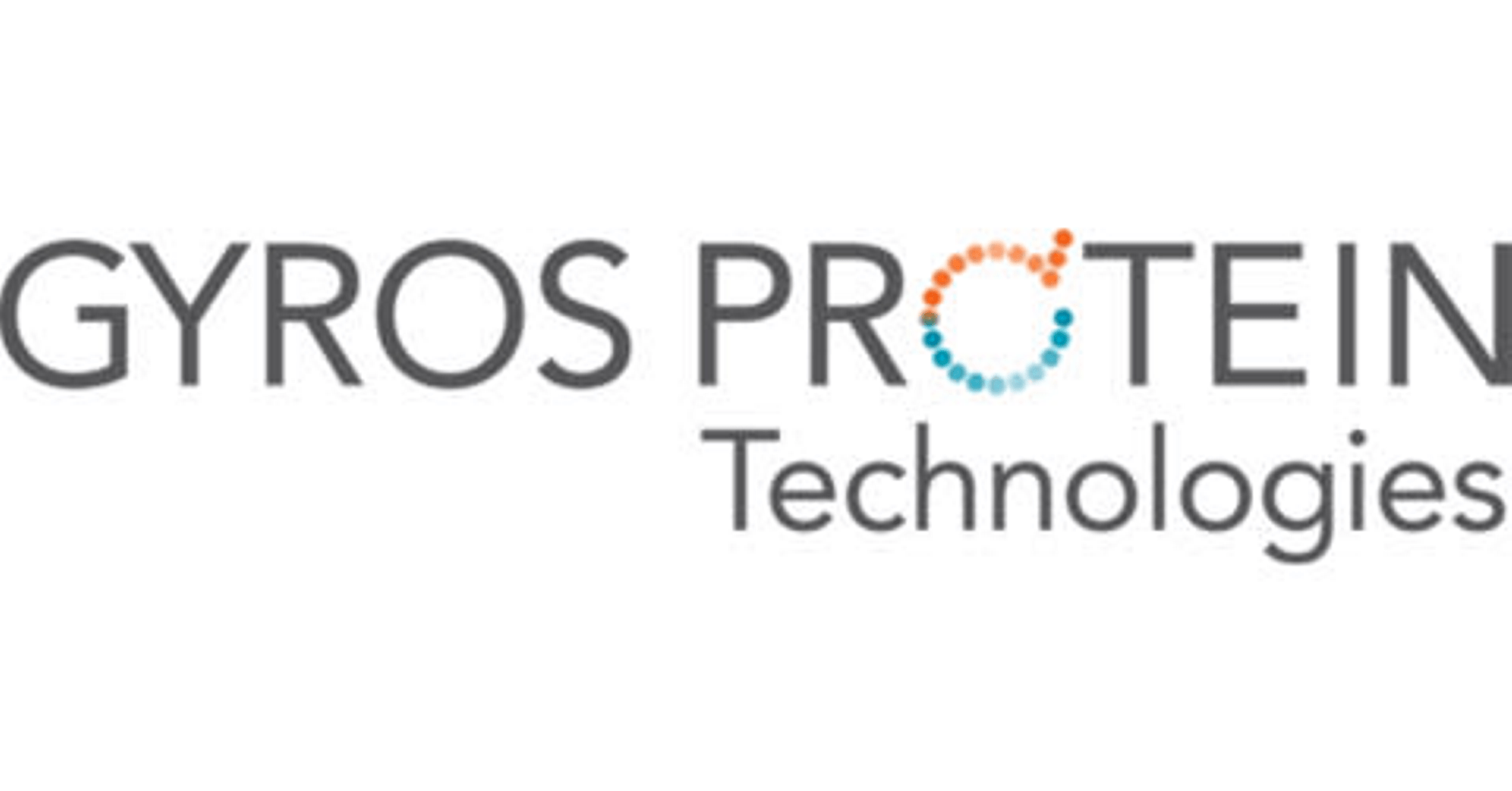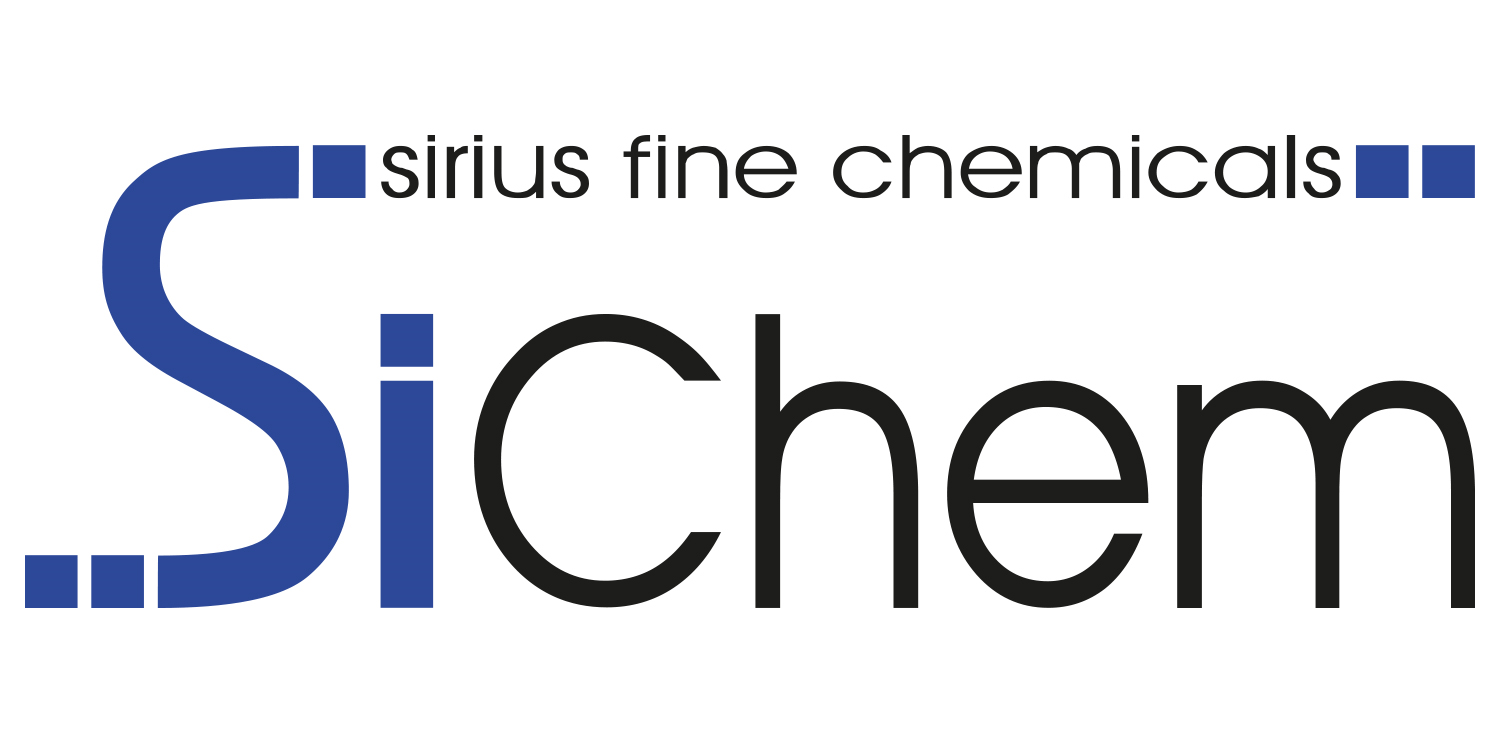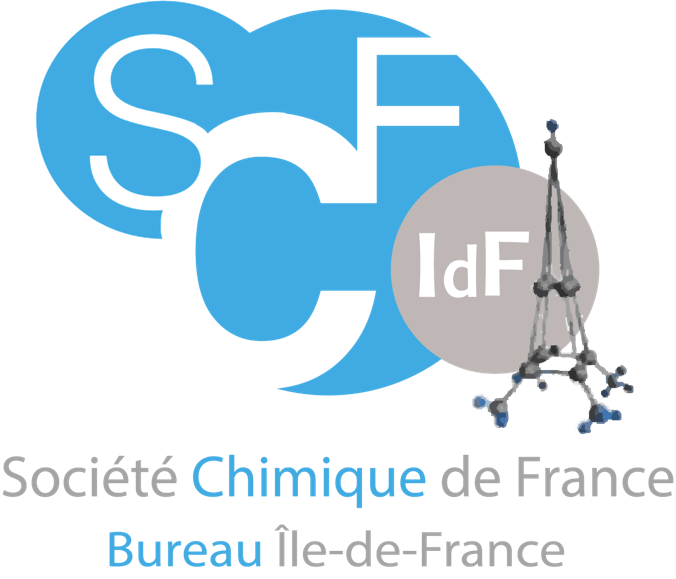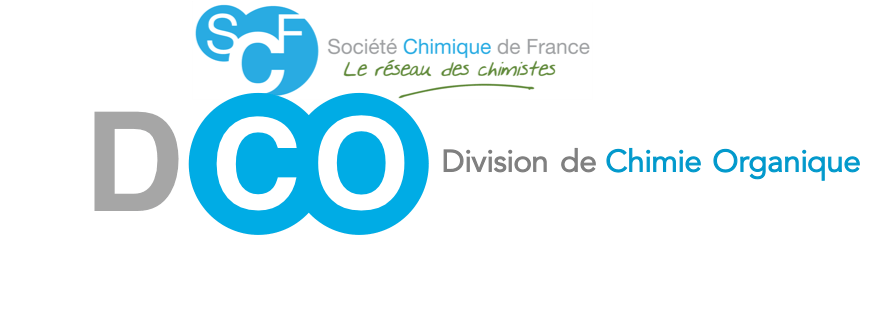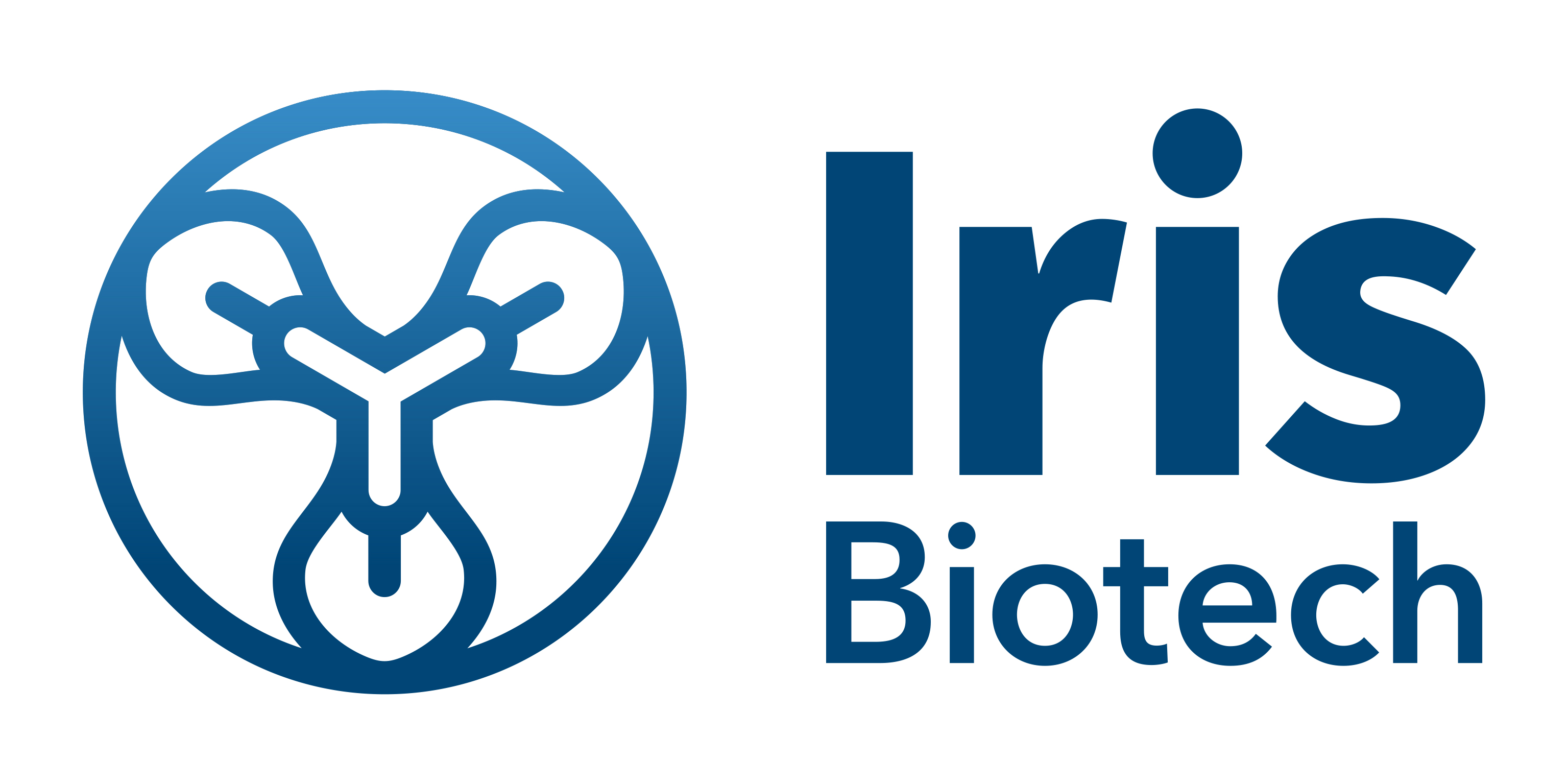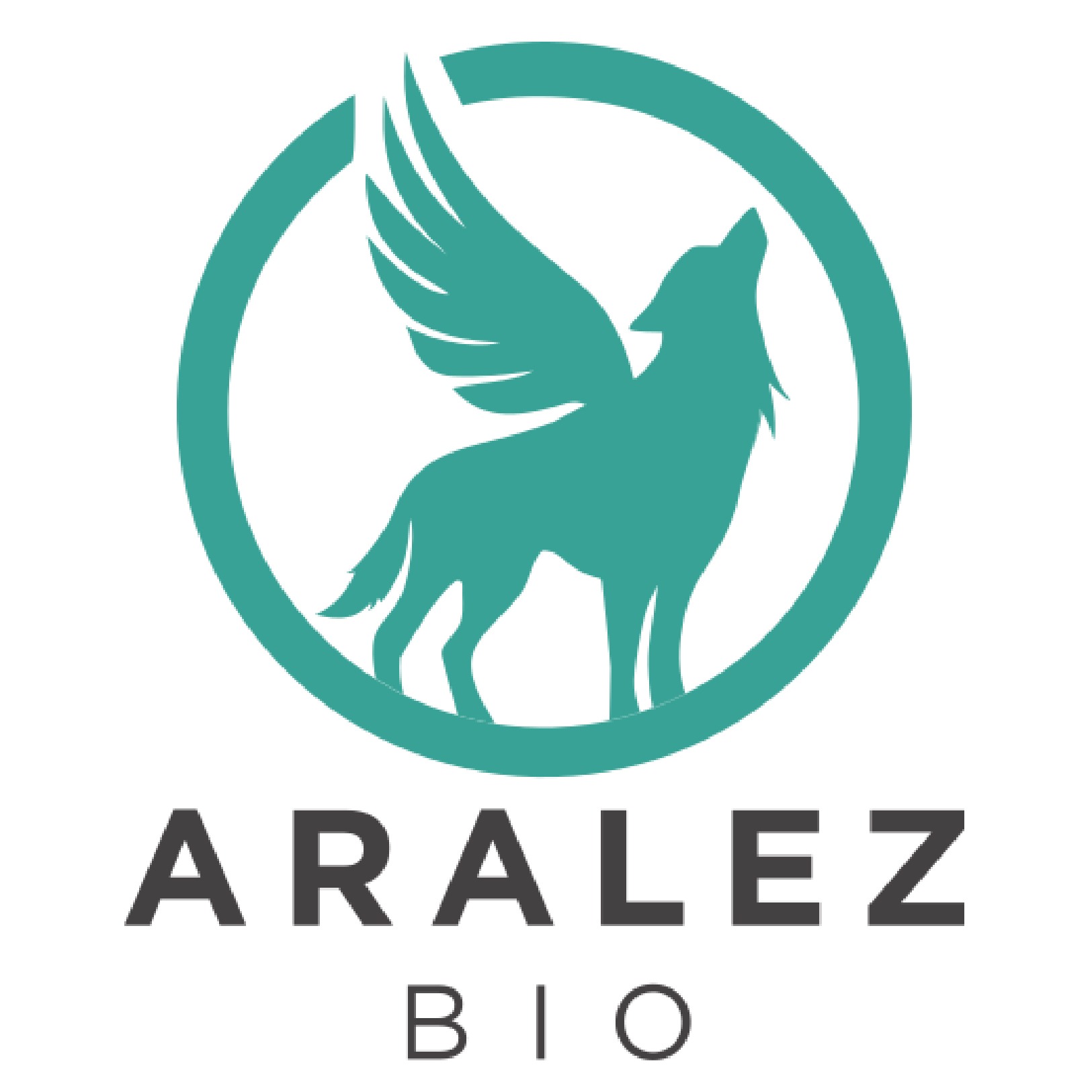Invited Speakers
| Prof Jason CHIN
Reprogramming the Genetic Code MRC Laboratory of Molecular Biology, UK |
 |
Jason Chin is a Programme Leader at the Medical Research Council Laboratory of Molecular Biology (MRCLMB), where he is also Head of the Centre for Chemical & Synthetic Biology (CCSB). He is a Professor of Chemistry & Chemical Biology at the University of Cambridge, and holds a joint appointment at the University of Cambridge Department of Chemistry. He is also a fellow in Natural Sciences at Trinity College, Cambridge.
Jason is a native of the UK. He was an undergraduate at Oxford University, where he worked with Professor John Sutherland on Cephalosporin biosynthesis. He obtained his PhD as a Fulbright awardee from Yale University, working with Professor Alanna Schepartz. He was a Damon Runyon Fellow at The Scripps Research Institute with Professor Peter Schultz where he developed the first approaches to systematically expand the genetic code of eukaryotic cells and pioneered approaches, that are now widely used, for defining protein interactions by genetically encoding photocrosslinking amino acids.
Jason’s work has been recognized by a number of awards, including: the Francis Crick Prize (Royal Society), the Corday Morgan Prize (Royal Society of Chemistry), European Molecular Biology Organization’s (EMBO) Gold Medal, Louis-Jeantet Young Investigator Career Award, Sackler International Prize in the Physical Science. He is in the European Inventors Hall of Fame, a member of EMBO, a Fellow of the Academy of Medical Sciences, and a Fellow of The Royal Society. Jason’s early work provided a foundation for Ambrx and he is the founder and CSO of Constructive Bio. He is also a non-executive director at the UK Government’s Department of Science, Innovation and Technology.
| Prof Benjamin DAVIS
Sugars and Proteins University of Oxford, UK |
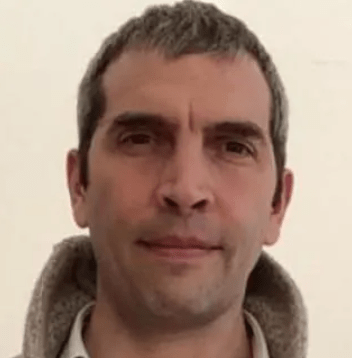 |
Ben Davis got his B.A. (1993) and D.Phil. (1996) from the University of Oxford. During this time he learnt the beauty of carbohydrate chemistry under the supervision of Professor George Fleet. He then spent two years as a postdoctoral fellow in the laboratory of Professor Bryan Jones at the University of Toronto, exploring protein chemistry and biocatalysis.
In 1998 he returned to the U.K. to take up a lectureship at the University of Durham. In the autumn of 2001 he moved to the Dyson Perrins Laboratory, University of Oxford and received a fellowship at Pembroke College, Oxford. He was promoted to Full Professor in 2005.
His group’s research centres on the chemical understanding and exploitation of biomolecular function (Synthetic Biology, Chemical Biology and Chemical Medicine), with an emphasis on carbohydrates and proteins. In particular, the group’s interests encompass synthesis and methodology; target biomolecule synthesis; inhibitor/probe/substrate design; biocatalysis; enzyme & biomolecule mechanism; biosynthetic pathway determination; protein engineering; drug delivery; molecular biology; structural biology; cell biology; glycobiology; molecular imaging and in vivo biology.
Ben was elected a Fellow of the Royal Society in 2015, and the Academy of Medical Sciences in 2019. He is Science Director of the Next Generation Chemistry theme and became the Interim Director for the Franklin in November 2023.
| Dr Klara HLOUCHOVA
Why these 20 amino acids and could life function with a different set? Charles University, Czech Republic |
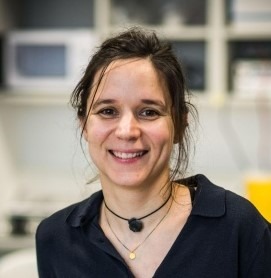 |
Klara Hlouchova is assistant professor and group leader in the department of cell biology of Charles University in Prague. She graduated with a MSc degree in biochemistry in 2005 and then started her PhD research at the Institute of Organic Chemistry and Biochemistry (IOCB) in Prague under the guidance of Prof. Jan Konvalinka.
She then moved to the University of Colorado Boulder, USA under the Cooperative Institute for Research in Environmental Sciences Postdoctoral Fellowship to pursuer her research on molecular evolution of enzymes and metabolic pathways in the laboratory of Prof. Shelley Copley.
Since 2017, Klara has been developing her independent research at Charles University in Prague where she became assistant professor in 2019. Her research topics focus on the design and characterization of proteins/protein libraries from canonical/reduced/unnatural amino acids by methods of synthetic biology. Her research group is interested in various aspects of protein evolution ranging from astrobiology and origins of life to protein engineering and synthetic life.
| Prof Beate KOKSCH
Construction and degradation of fluorinated biopolymers Freie Universität, Germany |
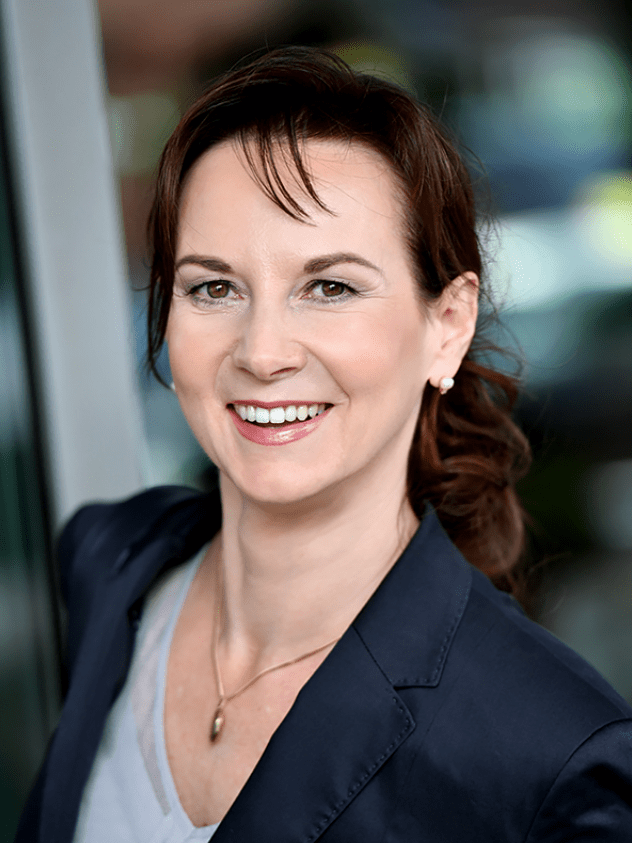 |
Prof. Dr. Beate Koksch studied chemistry at the Technical University Merseburg and University Leipzig in Germany, where she completed a PhD in biochemistry. Following a DFG postdoctoral research fellowship at The Scripps Research Institute in La Jolla, California, she started her independent career at University of Leipzig in 2000. In 2004, she assumed her position as Organic and Natural Product Chemistry Professor at the Freie Universität Berlin. Her research program at FU Berlin focuses on peptide and protein engineering with applications to current problems in biomedicine, biotechnology, and materials science. One key aspect that her research group has devoted its efforts to over the past 20 years is expanding the toolkit of building blocks to include fluorinated aliphatic amino acids to improve the pharmacokinetic and physicochemical profiles of peptide/protein-based drugs and materials, respectively. Advances in these areas rely on the combination of various scientific disciplines such as organic chemistry, biochemistry, molecular biology, biophysics, material sciences, analytics, and theory, and her group is collaborating with several groups at the Freie Universität Berlin, Max-Planck-Institutions and research goups nationally and internationally. Professor Koksch is a of the Max-Bergmann-Kreis for the Advancement of Peptide Chemistry, the GDCh division of Fluorine Chemists, elected board member of the European Peptide Society as well as serves as Editorial Advisory Board member of several scientific journals and. Professor Koksch had been Director of the DFG Graduate Program “Fluorine as a Key Elements” that was running in Berlin from 2009-2018. She has received the 2021 ACS Award for Creativity in Fluorine Chemistry.
| Prof Norbert SEWALD
Enzymatic Halogenation: Methodology for Late‐Stage Peptide Diversification and Protein Modification Bielefeld University, Germany |
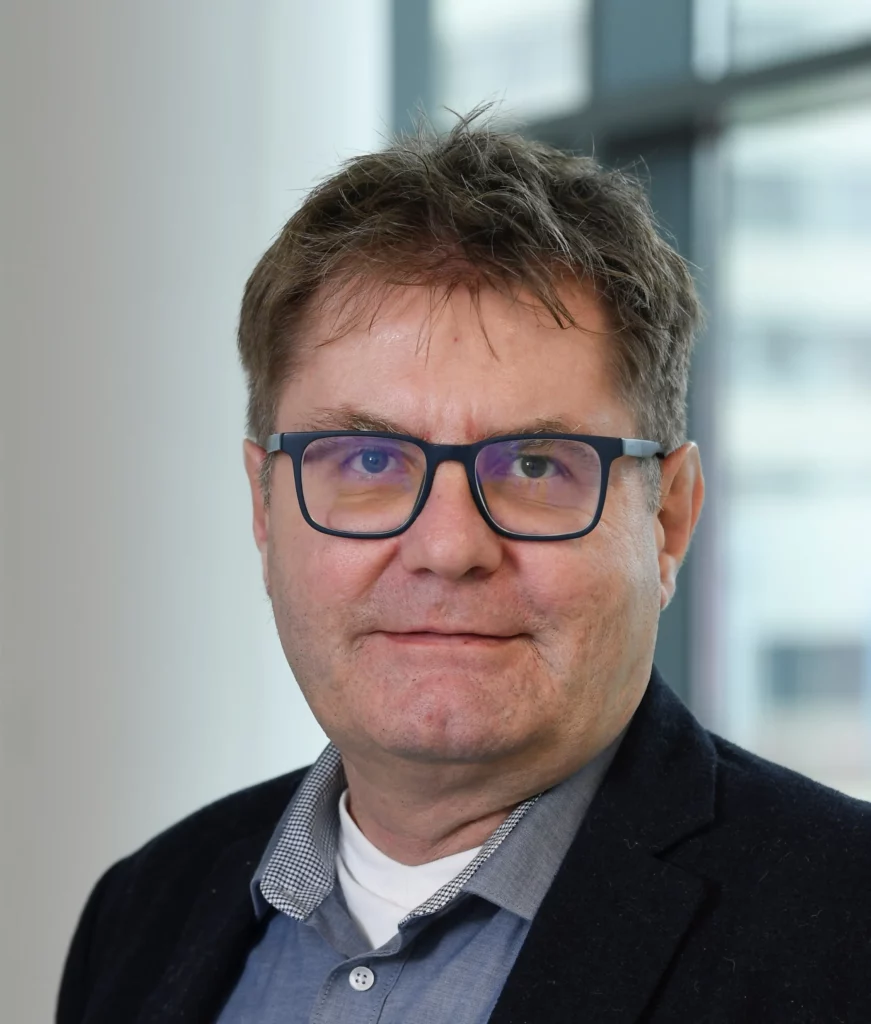 |
Norbert Sewald is a professor of Organic, Bioorganic Chemistry, and Chemical Biology at Bielefeld University. He studied chemistry at the Technical University of Munich. In 1991, he obtained his Ph.D. thesis in Organic Chemistry with Prof. Burger. From 1991 to 1992, he worked as a postdoctoral researcher in the group of Prof. J. E. Baldwin at the Dyson Perrins Laboratory at Oxford University. In 1998, he obtained his habilitation at the University of Leipzig. Since 1999, he has been full professor at Bielefeld University.
Prof. Sewald’s research group focuses on non-canonical amino acids and peptidomimetics in peptides and proteins. Special emphasis is placed on enzymatic halogenation, late-stage modification of peptides and peptidomimetics, and tumor targeting.

